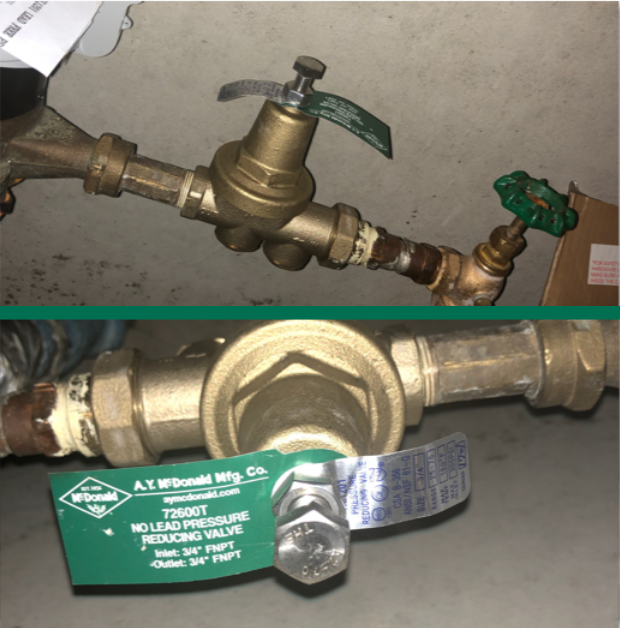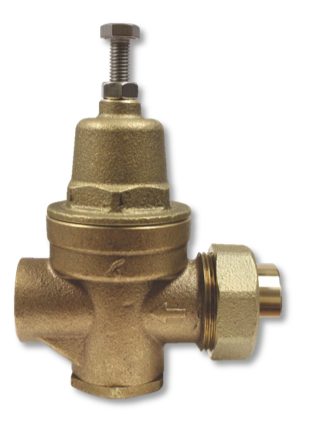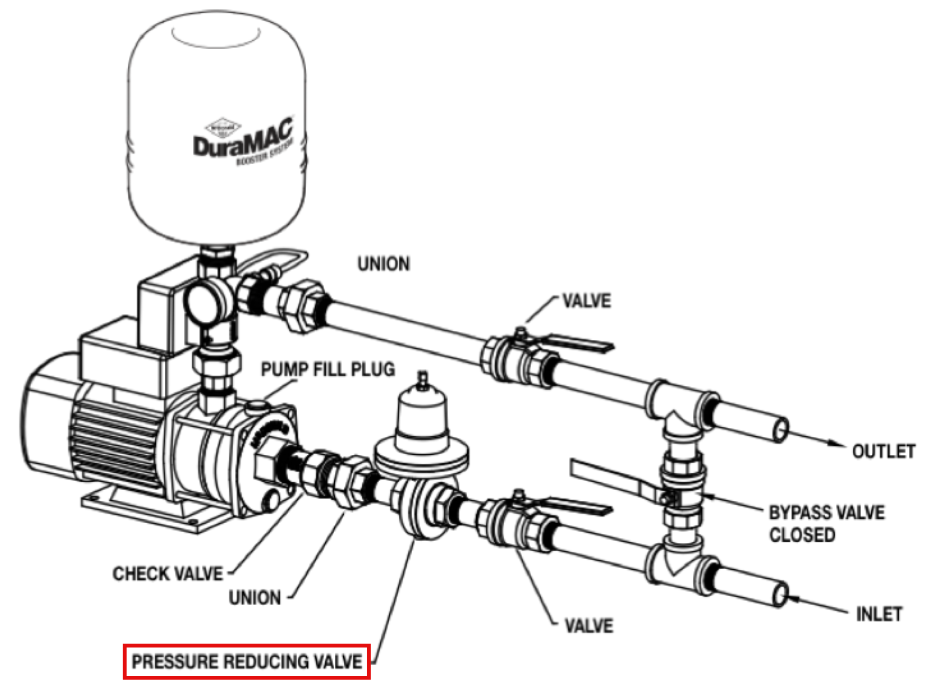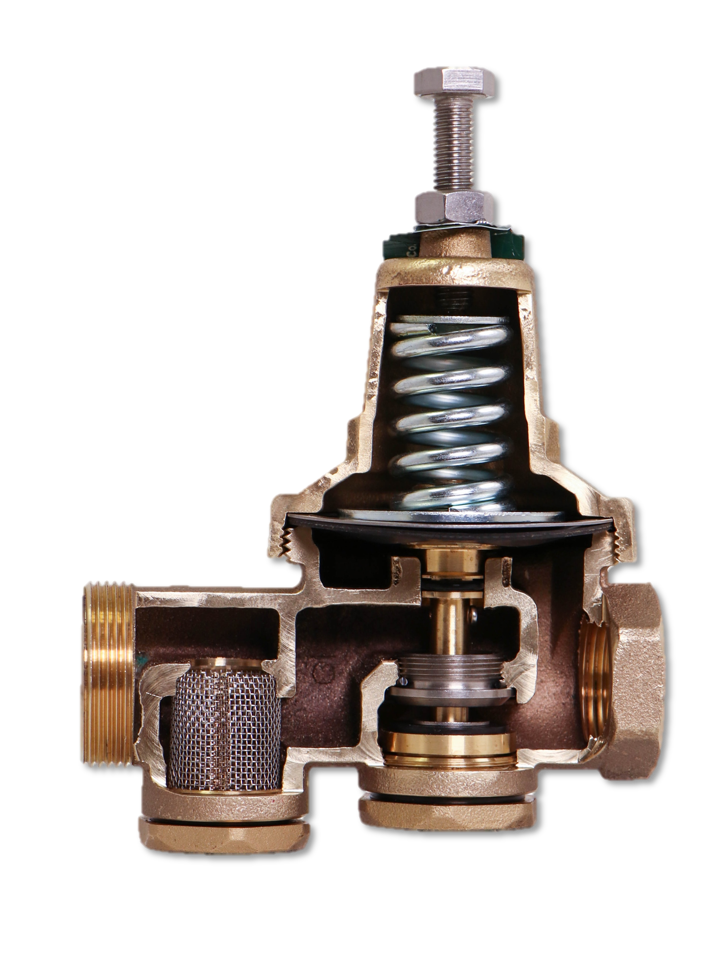Under Pressure

Under Pressure

In order to maintain a set pressure in the structure or reduce the high incoming water pressure, a pressure reducing valve is often installed. While commonly known as a regulator, the pressure reducing valve provides a lower, more functional pressure for distribution to the consumer, thus protecting the water supply system in the process. This valve differs from a pressure relief valve in the fact that the relief valve has an external drain while the reducing valve does not.
Pressure reducing valves are utilized in residential, commercial, and industrial applications. While there are two types of pressure reducing valves (piloted operated and direct-acting), direct-acting is the most common and found in many homes. The following scenarios would include common direct-acting pressure reducing valve applications:
- Keeping Up to Code
Per the Federal Housing Administration, regional plumbing codes such as IPC and UPC, and numerous city and state codes, a pressure reducing valve must be installed in a structure whenever the city main water pressure exceeds 80 pounds per square inch (PSI). These codes are enforced because high water pressure is hard on most plumbing parts, often shortening their useful life. The valve is often placed outside of the home or near the water meter.
- Appliance Specifications
Certain appliances operate most efficiently when a PSI limit is applied to their water pressure, which is often listed in their appliance specifications. While more common in commercial applications, examples of such appliances include a coffee machine, dishwasher, or washing machine. For appliances that specify a PSI maximum, a pressure reducing valve can be installed on the water supply pipe to that appliance.
- Booster Pump
In certain industrial and commercial applications, it is very important that pressure be maintained at a relatively constant rate (and thus provide a constant flow factor). While a booster pump is often installed to increase water pressure coming into a structure, this does nothing for pressure irregularities. With incoming pressure that fluctuates, a pressure reducing valve is installed before a booster pump in order to eliminate these swings of pressure.
- Multi-Story Building
With every 10 feet of elevation, it is common knowledge that a structure will lose 4.33 PSI of water pressure. Therefore, with a multi-story building, the top floors contain the least amount of pressure. In order to offset the pressure drop that can occur at higher elevations, the first step is installing a booster pump, which raises the pressure for the structure. A pressure reducing valve is then installed on each floor as needed in order to regulate the increased pressure created by the booster pump.
Too much water pressure or not enough; while utilities, municipalities, and water wells all do a great job to help homes/structures gain access to water, there’s no saying what the water pressure will be like. Therefore, in the scenario in which there is too much water pressure, you know you can rely on a pressure reducing valve.
For more information on pressure reducing valves, call our Customer Service department at 1-800-292-2737, fill out a contact us form, or take the ‘Pressure Reducing Valves’ AYU course.


